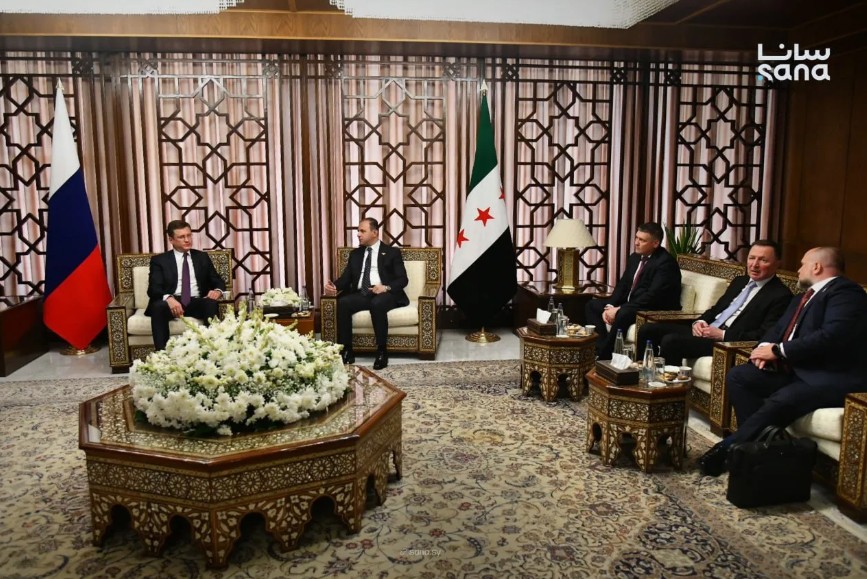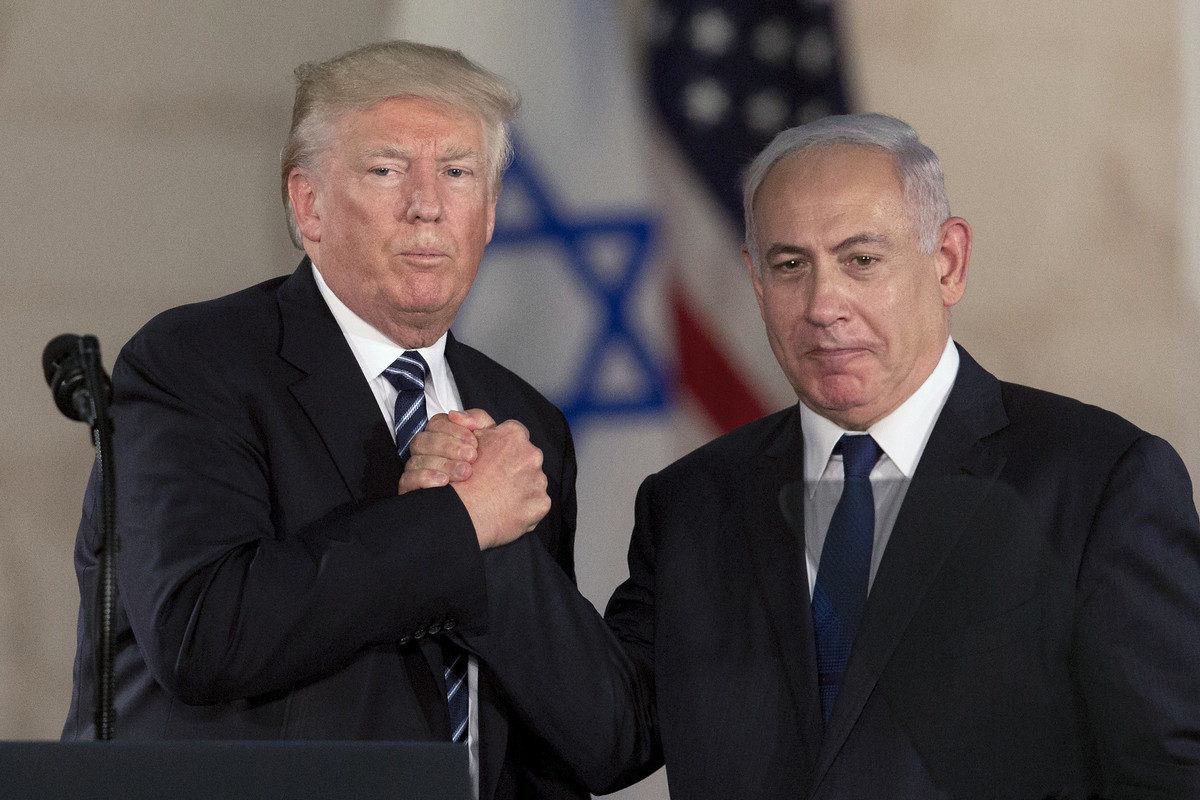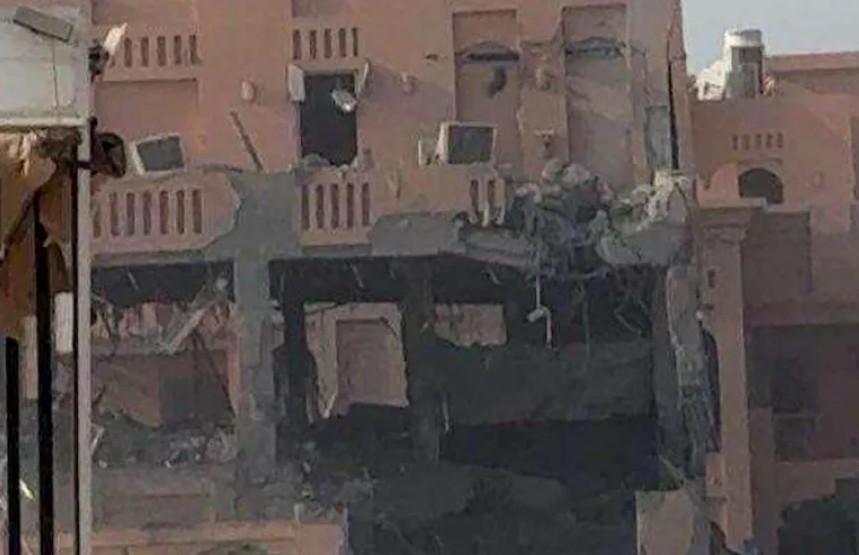Russia Returns to Damascus to Bargain With Those It Labeled 'Terrorists' While Assad Hides in Moscow

A senior Russian delegation landed in Damascus today to discuss “strategic files” with Syria’s new authorities — the same Syrians Moscow was bombing and denouncing as “terrorists” less than a year ago.
For nearly a decade, Russia cast itself as the saviour of Bashar al-Assad, shielding him at the UN, flying sorties over Syrian cities, and insisting that calls for freedom were a terrorist conspiracy. Assad’s survival depended on Russian firepower. His fall, nine months ago, was in spite of it. Now, Russia is back in Damascus, seeking to cut deals with the very people its planes once targeted.
It’s a diplomatic pivot that would almost be impressive if it weren’t so grotesque. Yesterday’s “terrorists” are today’s “strategic partners.” Civilians pulverised under Russian bombs are now interlocutors expected to smile politely across a negotiating table, in hopes of securing the extradition of Assad from Moscow, where the ousted dictator enjoys comfortable asylum, padded by some of the billions he and his father stole from the Syrian people.
The awkwardness deepens when remembering that Russia didn’t act alone. From the earliest days of its intervention, Putin carefully coordinated with Netanyahu. This warm partnership was celebrated in Moscow and Tel Aviv, with each genocidaire praising the other’s leadership. Syrian civilians under bombardment were treated as collateral detail.
Now, all three men — Assad, Putin, Netanyahu — are wanted by the International Criminal Court for war crimes and crimes against humanity. A trio bound together not only by shared strategy, but by shared indictments.
For Russia, the Damascus visit is an exercise in amnesia. The regime it defended lies discredited, its former leader reduced to an exile in Moscow. The people it tried to crush now run the government. Yet Moscow still arrives as if nothing much has changed, offering itself as indispensable broker, patron, and partner.
The theatre is familiar: destroy a country, then demand to help manage its recovery. Realpolitik ensures that Syrians, however bitter the memory, must negotiate with their arsonists. The hope is that somewhere between the handshakes and the euphemisms, Russia might be persuaded to hand over the man it protected for so long.
Western governments, having tolerated Russia’s Syrian adventure and Netanyahu’s alliance with Moscow for years, will no doubt issue their routine “concerns.” Non-Western powers, meanwhile, will join Putin’s ritualistic condemnations of Israel while following him in not lifting a finger to stop its attacks in Syria, Palestine or elsewhere. The net effect is the same: Syrians are left to bargain directly with the superpower that once treated their survival as a target of opportunity.
Today’s Damascus talks are therefore less about diplomacy than about spectacle: Russia negotiating with the “terrorists” it once bombed into mass graves, Syrians forced to engage their former executioner as an indispensable power broker, and Assad himself waiting comfortably in Moscow for the knock on the door that may or may not come.
Photo: SANA









